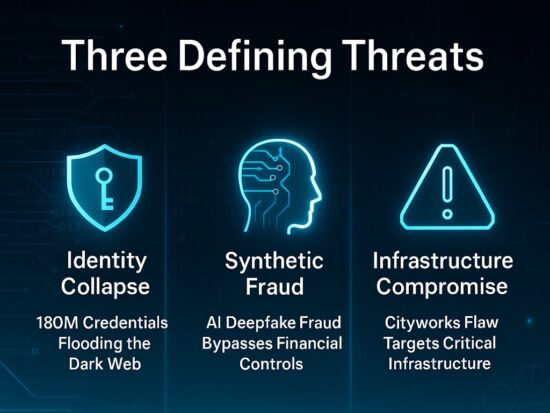With the wide spread mobile device usage and personal attachment to the smartphones, scammers have adapted their tactics to exploit unsuspecting individuals through various means. One such method gaining notoriety is the text/SMS scam. These scams aim to personal deceives and defraud users by enticing them into sharing sensitive information or parting with their hard-earned money. This article explores how text/SMS scams function, highlights common scam techniques, and provides essential tips to protect yourself from falling victim to these fraudulent activities.
Understanding Text/SMS Scams:
Text/SMS scams involve the fraudulent use of text messages to deceive individuals into providing personal information or taking actions that benefit scammers. These scams typically employ various techniques to appear legitimate, often imitating trusted organizations, services, or individuals. Scammers prey on human vulnerabilities, relying on urgency, fear, curiosity, or offers that seem too good to be true to manipulate victims.
Common Text/SMS Scam Techniques:
- Phishing: Scammers impersonate legitimate organizations like banks, government agencies, or popular online services. They send messages claiming issues with accounts, transactions, or security breaches, urging recipients to click on malicious links or reply with sensitive information such as passwords, credit card details, or social security numbers.
- Smishing: Smishing is a variation of phishing where scammers send SMS messages instead of emails. These messages often contain urgent warnings, fake promotions, or prize notifications, urging recipients to call a specific number or visit a fraudulent website, which aims to extract personal information or initiate financial transactions.
- Spoofing: Scammers utilize technology to alter the sender ID of a text message, making it appear as if it is from a legitimate source. They exploit this technique to imitate known entities and increase the credibility of their messages, tricking victims into providing personal information or clicking on malicious links.
Protecting Yourself from Text/SMS Scams:
- Be cautious with unsolicited messages: Treat unsolicited text messages, especially those requesting personal information, with skepticism. Legitimate organizations rarely ask for sensitive information or financial details via text/SMS.
- Verify the sender’s identity: Double-check the sender’s identity before responding or taking any action. Contact the organization directly through their official channels (website or customer service) to confirm the authenticity of the message.
- Avoid clicking on suspicious links: Do not click on links within text messages unless you are confident in their legitimacy. Hover over the link to inspect the URL before proceeding. If in doubt, independently search for the official website or contact the organization directly to verify the message’s content.
- Exercise caution with personal information: Refrain from sharing personal or financial information through text/SMS unless you have initiated the communication and can ensure the recipient’s trustworthiness.
- Install reliable security software: Protect your mobile device with reputable anti-malware and security software. These applications can help identify and prevent the installation of malicious apps or access to harmful websites.
- Register with the Do Not Call Registry: Add your mobile number to the national Do Not Call Registry or similar services in your country. This step reduces the likelihood of receiving unwanted marketing messages and potential scams.
- Regularly update your mobile device: Keep your smartphone’s operating system, applications, and security software up to date. Software updates often contain critical security patches that protect against known vulnerabilities.
- Trust your instincts: If something feels suspicious, it probably is. Trust your intuition and exercise caution. If an offer seems too good to be true or a message raises red flags, it’s better to err on the side of caution and refrain from taking any action.
Text/SMS scams continue to be a prevalent threat in the digital landscape, exploiting the trust and vulnerabilities of unsuspecting individuals. However, by understanding how these scams function and implementing effective protective measures, you can significantly reduce the risk of falling victim to such fraudulent activities. Stay vigilant, exercise caution, and remember that legitimate organizations will never request sensitive information or financial details through unsolicited text messages. By adopting a proactive approach to your online security, you can protect yourself and stay one step ahead of scammers.





